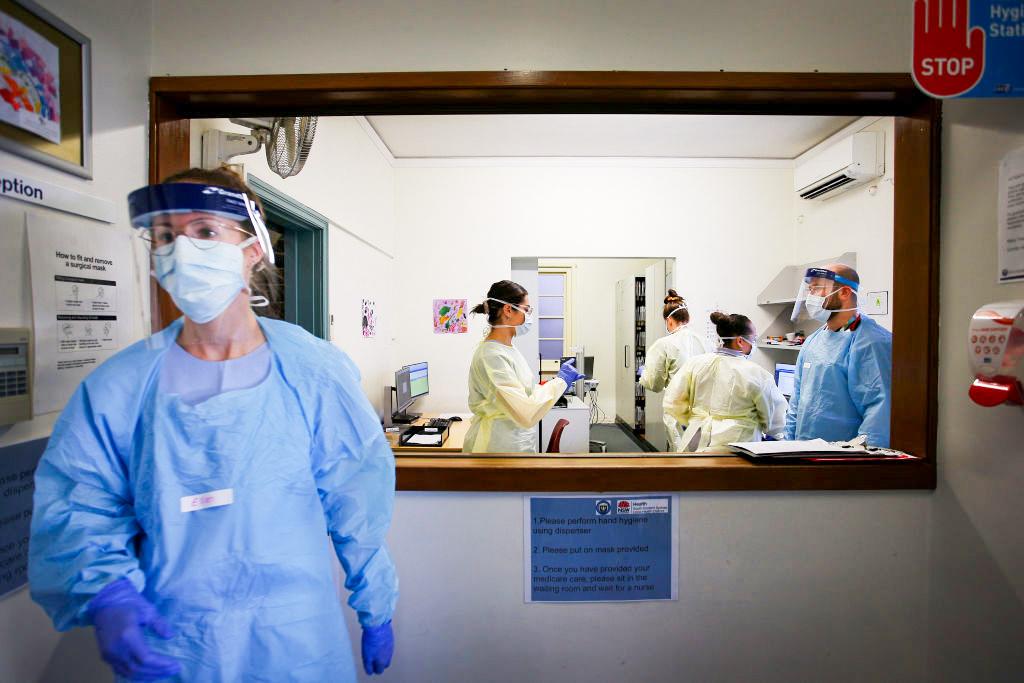Frequent interaction between pharmaceutical firms and health professionals increase the likelihood of a conflict of interest, according to one expert.
Associate Prof. Barbara Mintzes at the University of Sydney told The Epoch Times there was a correlation between a health practitioner being invited to lunch by a pharmaceutical representative, and the practitioner later promoting that same drug.





